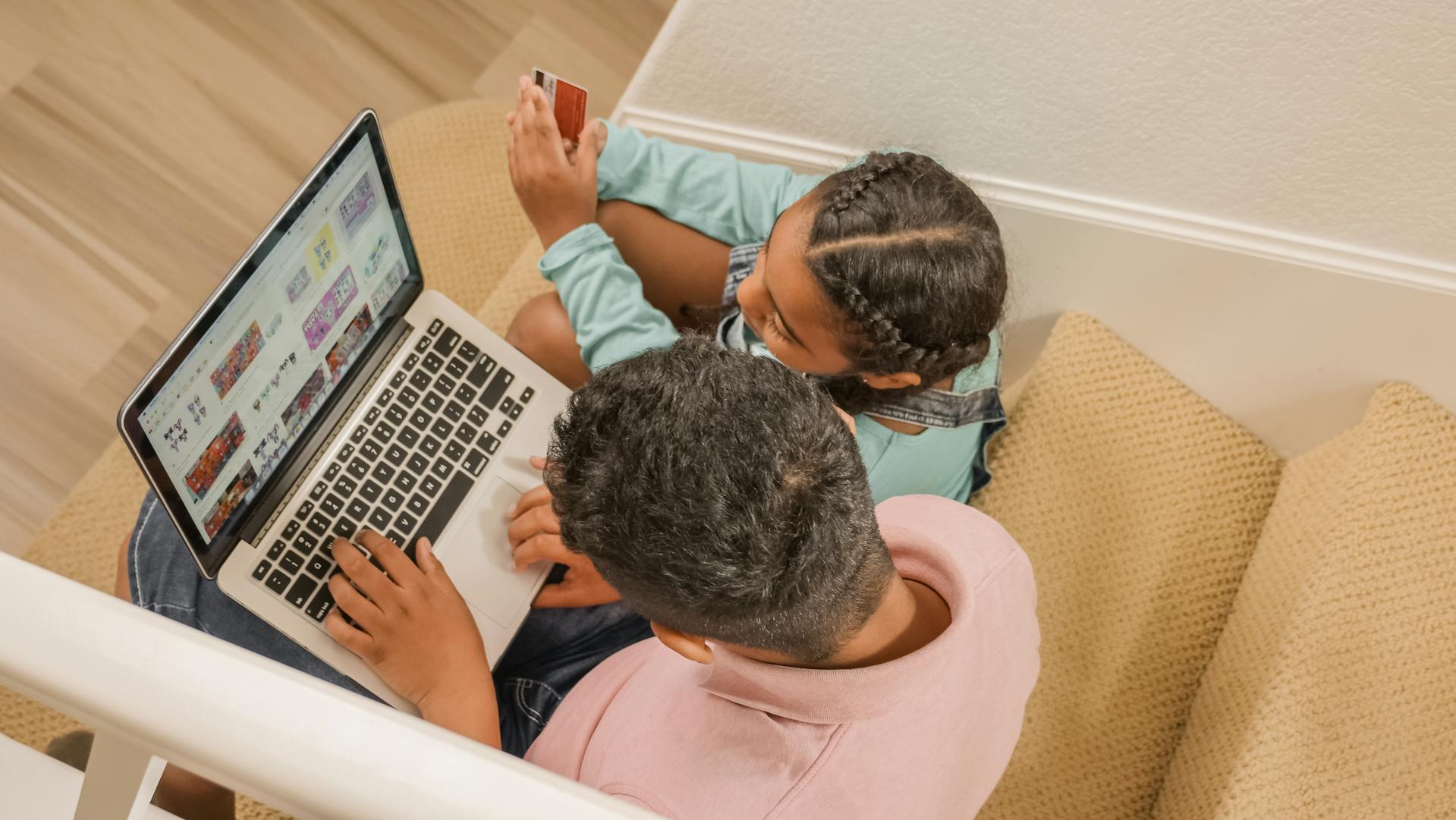Addressing Initial Comfort Concerns
This is a fear that many parents expressed to us. Their children are accustomed to learning at school and playing at home, so they fear that if they turn their home into a school, the kids will just play and not take anything seriously. This may be the case initially, but in the long run, they will settle into the routine and start to take it just as seriously, if not more seriously, than school. (Let’s face it, most kids don’t take school too seriously either.)
Setting Expectations Early
There is a way with which you may avoid all these situations. It goes back to what we discussed earlier about communicating your expectations with the children and making the rules clear from the start. If you plan well enough in advance, you can have them taking the homeschool seriously from day one. Sit with them and communicate clearly everything to them.
Establishing Rules and Incentives
Make a list of rules to be followed, consequences for not studying, and rewards for doing well, if you feel that is what will work. In some cases, the children know they need to study during certain hours, complete a certain number of subjects a day, and know that if they don’t listen, they can’t play PlayStation or go to the playground that evening. It’s a simple yet effective rule that keeps them focused on studying their best each day.
Highlighting the Value of Communication
As a parent, don’t underestimate the importance of communicating your expectations. This is something we should do in every situation, be it a family outing, visiting people, or studying a new subject. Of course, your expectations need to be reasonable if you want your children to adhere. We have seen that there are two opposing trends in parents:
- Parents fail to convey their expectations.
- Parents’ expectations are unrealistic.
Ensuring Clarity in Expectations
Parents fail to convey their expectations. In the first case, if you do not communicate with your children and explain to them what is expected of them, they will definitely go against your expectations because it is unknown to them. Do not take it for granted that it is obvious that they should quietly or study for a certain number of hours per day. What is obvious to you may not be obvious to a six-year-old child. This is why communication is key.
Allowing Time for Adjustment
Don’t panic; give yourself time. You may have in your mind your own idea of how the first day of homeschool may go, and in all likelihood, it won’t go according to your expectations. You may find having the children at home all day exhausting, overwhelming, too noisy, or just too stifling when you want some space to be yourself.
Creating Personal Downtime
Do not panic and do not give up. The best way to deal with this is to set a time of the day in which you find time with yourself and relax without being disturbed by children. We found that the most effective way to do this is to have a strict bedtime. In our home, the children are all in bed at 9 pm on weekdays, so we have a few hours of peace to relax before we have to school them again the next day.
Maintaining Well-Being with Breaks
I believe that having such time for yourself daily in which you are not surrounded by children is necessary. It would help in maintaining a good relationship with them. You don’t have to send them to school to make such time for yourself. (Yeah, some people send their kids to school just to have peace and quiet at home.)
Embracing the Homeschooling Challenge
Homeschooling is a challenge. Over time, you will settle into a routine in which your children are learning, and you are enjoying teaching them. In order to reach that level, you need to be ready from day one to deal with these challenges.
Keeping Perspective on Early Struggles
Just keep it in your mind that “Every day will not be like this day.” If your first day of homeschooling was difficult, chaotic, or draining, do not let it discourage you. You and your children have all entered a new world. It will take some time to find your feet. Do not think that every day is going to be just as chaotic or difficult. These are learning curves which you need to overcome. Don’t be hard on yourself. Understand that you are new to this whole process and will probably make some mistakes in the beginning as you try to discover which methods of teaching and learning work best in your home.
Preparing Your Space
One trick to ease into “getting started for homeschooling” is setting up a spot just for it. Pick a corner—maybe a table by a window—and keep books, pencils, whatever they’ll need there. It’s not about fancy gear; it’s a signal to them that this is where we learn, helping them switch gears from playtime without you saying a word.
Conclusion
Over time, your homeschool will evolve organically into something special, unique, and amazing. But this only comes with effort, experience, mistakes, and never giving up during those first few days and weeks when everything seems chaotic. Focus on improving gradually each day and settling into a routine that works best for you and your kids. Eventually, you will get the hang of it, and things will start to flow smoother. Remember, “No Pain, No Gain.”








